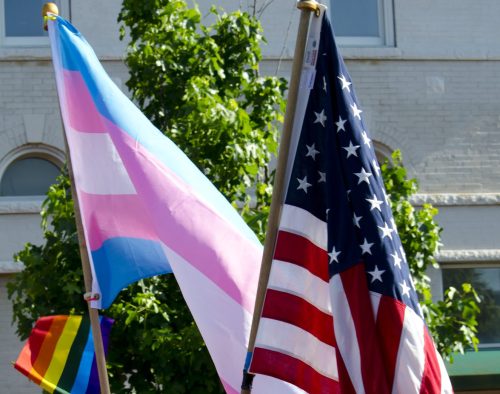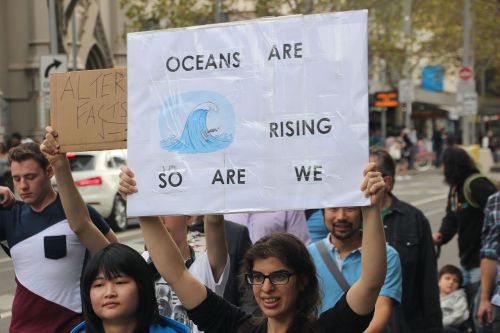Dear Congressional Republicans,
You’re not helping. And you know it.
The course you are choosing through this shutdown – now the longest in history – is damaging to our country, our democracy, millions of federal workers and contractors, and millions more who depend on them. And it’s costing the government billions. All for the ego of Donald J. Trump.
Of course, you could stop this at any time – simply pass a funding bill and override a veto – but choose not to, perhaps for fear of being on the wrong side of a Presidential tweet, or of a primary challenge. Satisfying your base seems to you the only way to protect your job.
It won’t, though. The longer this shutdown drags on, the more lasting damage will be done to our country, its citizens, and our economy. The longer you ignore your constitutional responsibility to act as a check on the President, the more the public will see and name the cowardice at the heart of your inaction. When you are blamed for a collapsing economy, for suffering farmers, for the inevitable resuts of long term security lapses, you will find yourself discredited, out of office, and out of power.
And for what? A border wall? Very few of you actually believe a wall would do much to slow illegal immigration, or that it will ever be finished if it is ever started. So why is it? Why are you dragging your feet? The Senate voted to fund the government, by unanimous acclamation, before Christmas. The House was ready to do so. Why not do so now?
Are you waiting in the hopes that loyalty to President Trump will garner you favors? One has only to look at the history of his “friends” to recognize that Donald Trump feels no loyalty to anyone but himself. Are you doing it out of fear? This situation will not end with a Presidential victory. Sooner or later the pressures will become too great, the hungry too many, the news too awful, and you will vote to reopen the government, whatever the Presidential consequences. Are you doing it out of principle? You know better than most that the cost of this shutdown goes against everything you claim to stand for, and that the longer it goes on, the less secure we all are.
So I implore you – not only for the sakes of federal workers, contractors, their families, all who depend on them, our national lands, our economy, and all of us – but for your own sakes. Stop the bleeding before it becomes fatal. End this shutdown. Vote to fund the government. Stand up to a bully. Do what you know is the right thing.
Do it for your country. Do it for your party. Do it for yourself. You might even get reelected. You’ll certainly be thanked.
Sincerely,
Dan







